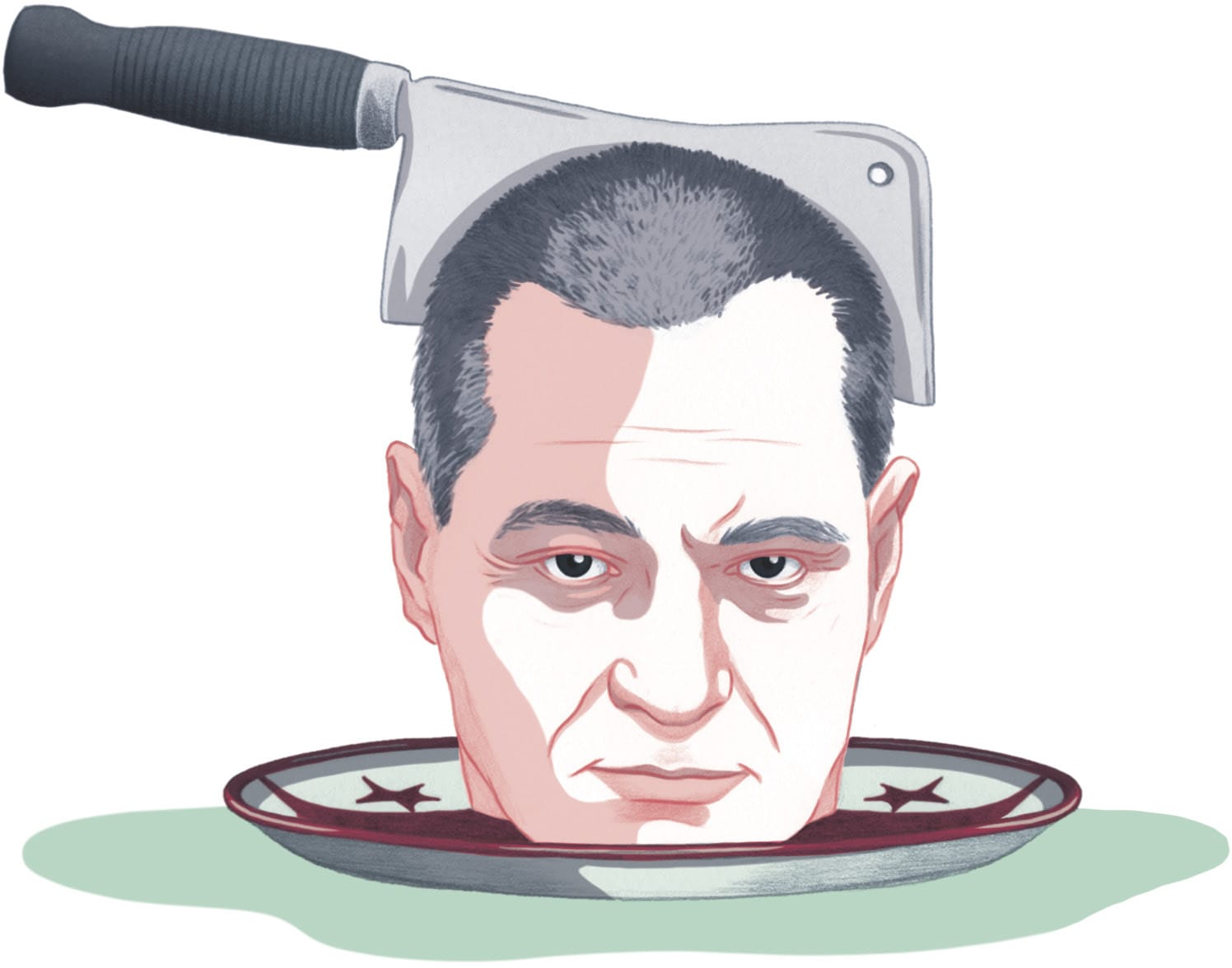JEAN-PIERRE JEUNET (1953)
 FRENCH STYLIST
FRENCH STYLIST
Jean-Pierre Jeunet is known for a dazzling visual style, and his most inventive feature arguably remains his dark, idiosyncratic debut.
Jeunet has had two chapters in his life as a director. Since 1997, he has worked solo on projects. Before that, he was a co-director with the animator and cartoonist Marc Caro on Delicatessen (1991) and The City of Lost Children (1995). It is because of these films that Jeunet became a cult sensation.
Born in the Loire, France, Jeunet studied animation at Cinémation Studios and met Caro at an animation film festival at Annecy in 1977. Over the next decade, they produced a series of acclaimed shorts and music videos, before embarking on their feature debut, Delicatessen. A live-action film that could easily have been a wildly surreal animation, Delicatessen presents an extraordinary vision of a post-apocalyptic world. Set in and around an apartment block above a butcher’s shop, whose constant supply of meat comes from a grim source, Jeunet and Caro’s film is driven less by a strong narrative than by a series of interconnected vignettes. Its influences encompass German expressionism and the more recent Cinéma du look, as well as generations of physical comedians, from Buster Keaton to Jacques Tati. The film also cemented the collaboration between Jeunet and the actor Dominique Pinon, who appeared in the director’s previous short Things I Like, Things I Don’t Like (1989) and went on to play a role in all of Jeunet’s subsequent features.
The chaotic nature of fate lies at the heart of Jeunet’s work, whether it is that of two potential lovers in Amélie (2001), a woman searching for her husband in the horror of the battlefields of World War I in A Very Long Engagement (2004), a man seeking revenge against the arms industry in Micmacs (2009) or a young genius setting out into the world alone in The Young and Prodigious T.S. Spivet (2013). The singularity of Jeunet’s worldview jars against the dictates of a studio, as was highlighted when he took on Alien: Resurrection (1997), the fourth film in the popular and successful franchise. A few Jeunet-like touches notwithstanding, it remains his least characteristic work. But these later films, even when traversing the dead-strewn fields of a horrific conflict or detailing the impact of an out-of-control arms industry, feel more than a few shades lighter than Delicatessen, with its perfect balance of sweet innocence and jet-black humour.
“BETWEEN 17 AND 21, I WAS A WORKER IN THE TELEPHONE COMPANY AND IMAGINATION SAVED MY LIFE.”
